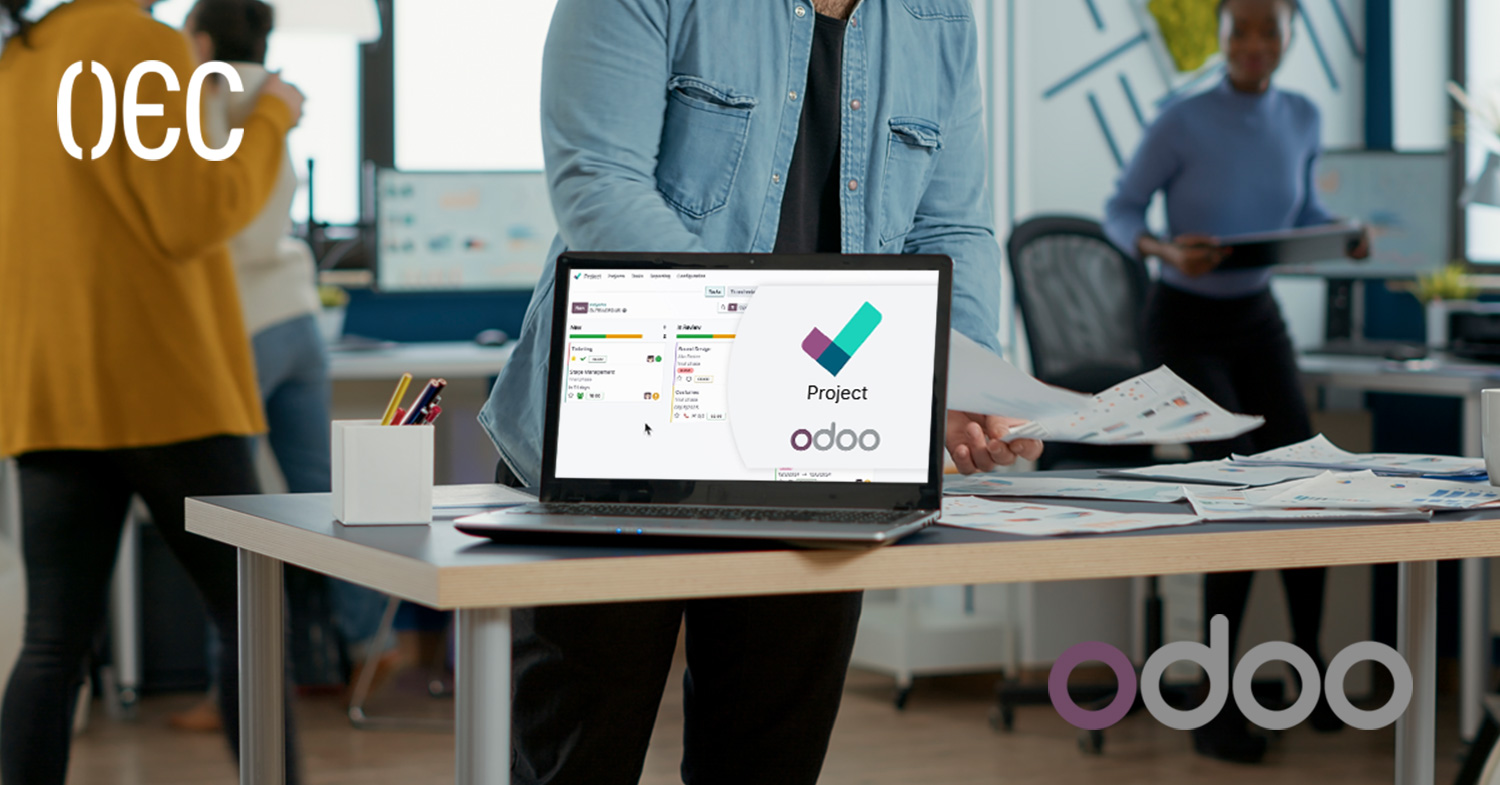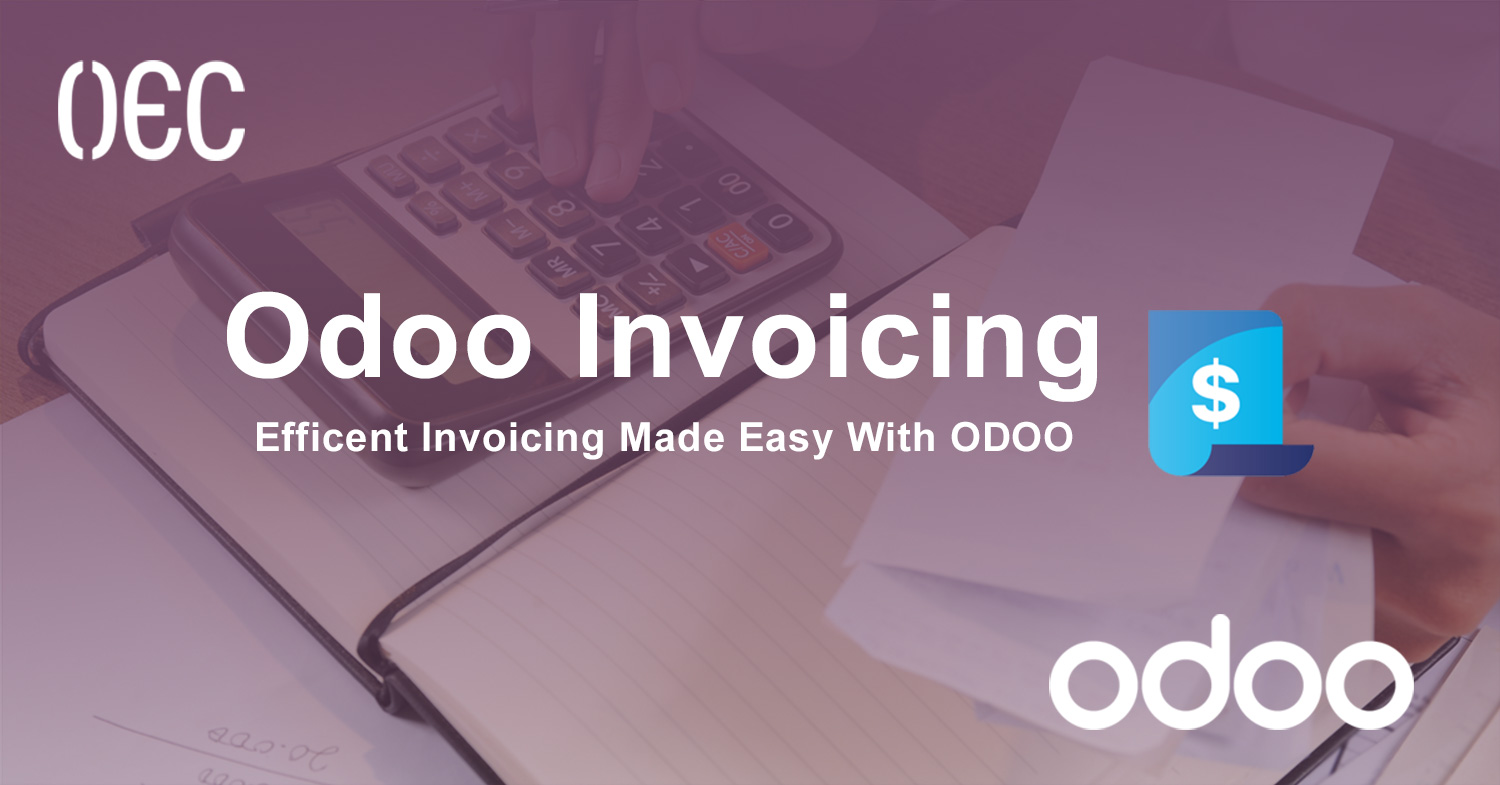When a company is looking to grow and optimize its operations, ERP systems naturally come into the conversation. They help businesses organize everything—from accounting and inventory to HR and customer service. Among the many options out there, Odoo has gained a lot of attention for being flexible, modular, and open-source. But as with any business software, there’s always that one question: “Is Odoo ERP difficult to learn?” If you’re asking yourself that, you’re not alone.
At OEC, we’ve been working with Odoo for years. We’ve helped businesses across different sectors switch to Odoo, integrate it smoothly, and get their teams onboarded quickly. And we’ve seen firsthand that when it comes to the question “Is Odoo ERP difficult to learn?”, the answer is often a pleasant surprise—it’s easier than many expect.
In this article, we’re diving into this question in detail. We’ll explain if Is Odoo ERP Difficult to Learn, what to expect when learning it, and how your team can adapt to it without stress. Whether you’re just researching or already considering an implementation, this blog will give you clarity and practical tips to make the most out of your Odoo experience.
Is Odoo ERP Difficult to Learn?
Not really — and here’s why.
Odoo is actually designed to be user-friendly, especially for people who’ve used any kind of digital tools before. If you’ve worked with Excel, managed tasks on a CRM, or even used any business software, Odoo will feel surprisingly familiar.
Of course, like any system, there’s a learning curve — but it’s not overwhelming. For example, if you’re a sales or HR user, you can start feeling confident within a few hours. Managers usually need a couple of days to get comfortable with dashboards and reports. And for admins or developers who want to go deeper, it may take a bit longer — but still very doable with the right guidance.
What helps most is that Odoo apps are all connected and follow the same logic. Once you understand one app, navigating the rest becomes much easier. And if you’re working with a company like OEC that supports your onboarding, training, and setup, learning Odoo can be smooth and even enjoyable.
What Makes People Think Odoo Is Hard to Learn?
Before we answer whether Odoo is difficult, it’s important to understand why some people might find it intimidating.
1. It’s an ERP System
Odoo is a full-fledged ERP system. That means it covers a wide range of business processes—sales, finance, inventory, HR, marketing, and more. So when people first look at it, it can feel like a lot. And that’s fair. Any platform that touches multiple departments can seem complex at first glance.
2. It Has a Lot of Modules
One of Odoo’s strengths is its modular system. You can add the apps you need and ignore the ones you don’t. But for beginners, just seeing a list of dozens of apps might feel confusing. “Where do I start?” is a very common reaction.
3. It’s Highly Customizable
Flexibility is great, but it comes with a learning curve. Odoo can be tailored to fit almost any business process—but to take full advantage of that, you either need to learn how to customize it or work with someone who can.
But Here’s the Good News: Odoo is Easier Than You Think
1. The Interface is Actually Simple
One thing we often hear during training sessions is:
“I thought this was going to be harder.”
That’s because Odoo has a clean, modern interface. It’s designed to feel like a regular app, not like old-school ERP software with cluttered menus and outdated layouts. If you’ve ever used apps like Trello, Notion, or Slack, you’ll find Odoo’s user interface to be refreshingly familiar.
2. You Don’t Need to Learn Everything at Once
This is a big one. You’re not expected to master every module on Day One. Many businesses start with 1–2 apps (usually Sales or Accounting), then add more as they grow. Odoo is built for this kind of gradual onboarding.
In fact, when we started working with a retail client, we introduced only the POS and Inventory modules. Three months later, they were confident enough to explore CRM and eCommerce features on their own.
3. There’s a Huge Community and Tons of Resources
Since Odoo is open-source, it has a very active global community. That means if you’re stuck on something, there’s probably already a tutorial, video, or forum thread that answers your question. And if not—well, that’s where companies like OEC come in.
How Long Does It Take to Learn Odoo?
It really depends on what you do and how deeply you plan to use Odoo. Here’s a simple breakdown:
-
If you’re in sales or HR, you’ll likely need just a few hours to get comfortable with the basics and start working smoothly.
-
For managers, especially those who want to monitor performance and use dashboards effectively, it usually takes about 2 to 3 days to get used to the key tools and reports.
-
System administrators, who manage several apps and settings, often need 1 to 2 weeks to fully understand the setup and configurations.
-
Developers, especially those customizing modules or building features from scratch, may need a few weeks or more — depending on the complexity of the projects they’re handling.
Also, if your team has experience with tools like Excel, Google Sheets, or CRM platforms, learning Odoo tends to be much faster. Most of Odoo’s apps are designed to be logical and consistent — once you learn one, the rest start to feel familiar.
Tips to Make Learning Odoo Easier
1. Start with What You Need
If you don’t need Manufacturing or Marketing Automation right now, don’t activate them. Focus on the modules you actually use daily. This avoids confusion and helps your team build confidence step by step.
2. Use Real Scenarios During Training
We always recommend learning with real-life examples. Instead of using test data, input actual invoices, customers, or sales records. It makes the training more engaging and easier to remember.
3. Get Help When Needed
Don’t struggle alone. Odoo’s documentation is helpful, but nothing beats personalized support. That’s why our team at OEC offers training, walkthroughs, and ongoing support tailored to each client’s business model.
Is It Easy for Non-Technical Teams?
This is a common concern, especially for businesses without an internal IT team. The answer is: yes, with the right guidance.
Many Odoo modules are designed for business users, not developers. For example:
-
Sales teams can manage leads and quotations with just a few clicks.
-
Accountants can post journal entries, reconcile transactions, and view reports with user-friendly dashboards.
-
Warehouse staff can scan products, track inventory, and manage deliveries from their phones or tablets.
We’ve worked with companies where users had no prior tech background—and within a few days, they were fully up and running.
What If You Want to Customize?
If you’re planning on customizing Odoo to fit specific workflows, that’s where the learning curve increases—but only for developers or system admins.
As a business owner or manager, you don’t need to know how to write code. You just need to know what you want the system to do. A good Odoo partner (like us) can translate your needs into actual features.
Common Misconceptions About Odoo
Let’s clear up a few things we hear often:
-
“It’s only for big companies.”
Not true. Odoo works great for small and mid-sized businesses. You can scale up as you grow. -
“It’s only useful if you install everything.”
Nope. You can use just one app if that’s all you need. -
“I need to hire a full IT team to manage it.”
Not at all. Most companies work with a partner like OEC for support instead of hiring in-house teams.
Why OEC is the Best Partner to Help You Learn Odoo
At OEC, we don’t just set up your system and leave you to figure it out. We guide you through every step—from selecting the right modules, to training your team, to offering local support when you need it most.
What makes us different:
-
We keep things simple. No confusing jargon or unnecessary tech talk.
-
We customize based on your actual needs. No one-size-fits-all.
-
We provide real support. Not just implementation, but training and growth.
-
We’ve got experience. 9+ years working with local businesses and regional markets.
-
We make learning feel natural. Our training style is practical, not theoretical.
Whether you’re starting small or going all-in with Odoo, our team is here to help make your digital transformation smooth, efficient, and actually enjoyable.




